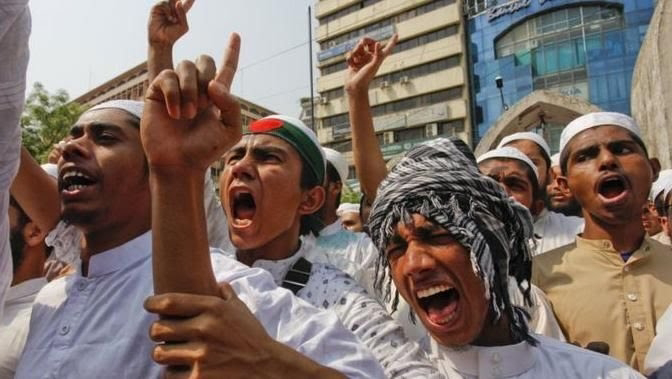In the upcoming parliamentary elections, various types of strategies and alliances are being observed among different Islamist parties in Bangladesh. Although no Islamist party, except for Jamaat-e-Islami, has emerged as an independent force, they play a significant role in the politics of the two major parties.
It's evident from the statements of the leaders of the two major parties that the Islamist parties can serve as a form of leverage or influence when they are part of an alliance.
It is indeed observed that once the elections approach, various Islamist parties are courted by different political groups, and some Islamist parties have even shown a willingness to align themselves with the government or manage their activities in a way that is favorable to the government.
In recent years, there have been instances where several parties have expressed their good wishes or made statements in support of government ministers or leaders of the ruling party as part of their strategic approach in the political arena. This indicates a dynamic and complex relationship between Islamist parties and the larger political landscape in Bangladesh.
Even though Islamic parties in Bangladesh may not have secured a specific number of votes, many analysts, most of whom include Jamaat-e-Islami in this category, believe that the quantity of such votes is quite low. It is thought that the political rivalry between the two major parties is primarily focused on this segment of the vote.
For this share of the vote, political analysts and a Dhaka University professor, Jobaida Nasrin, believe that the two major parties engage in intense competition and maneuvering when it comes to dealing with Islamic parties.According to her, the use of religion in Bangladeshi politics began in the 1990s, and since then, larger parties have consistently discussed using religion as a tool in the election arena when elections draw near.
Religious-based parties use religion in politics, while larger parties often keep these religious parties on their side and utilize religion as a means to garner support from the general public in elections.





No comments:
Post a Comment